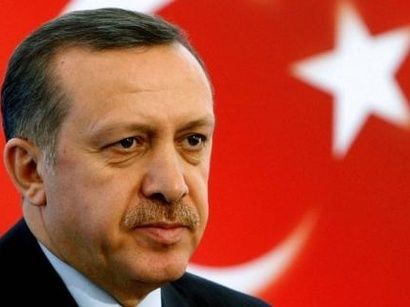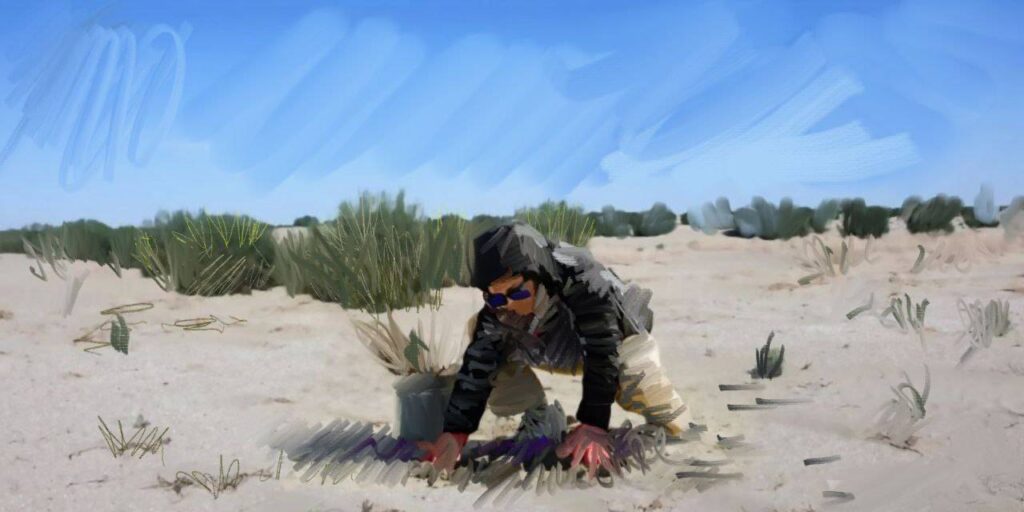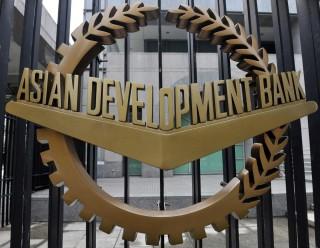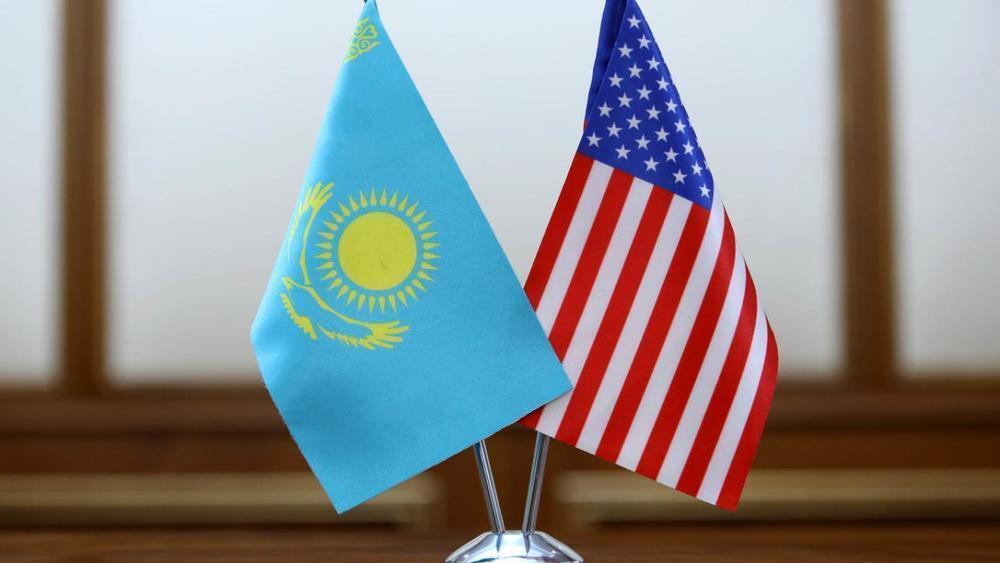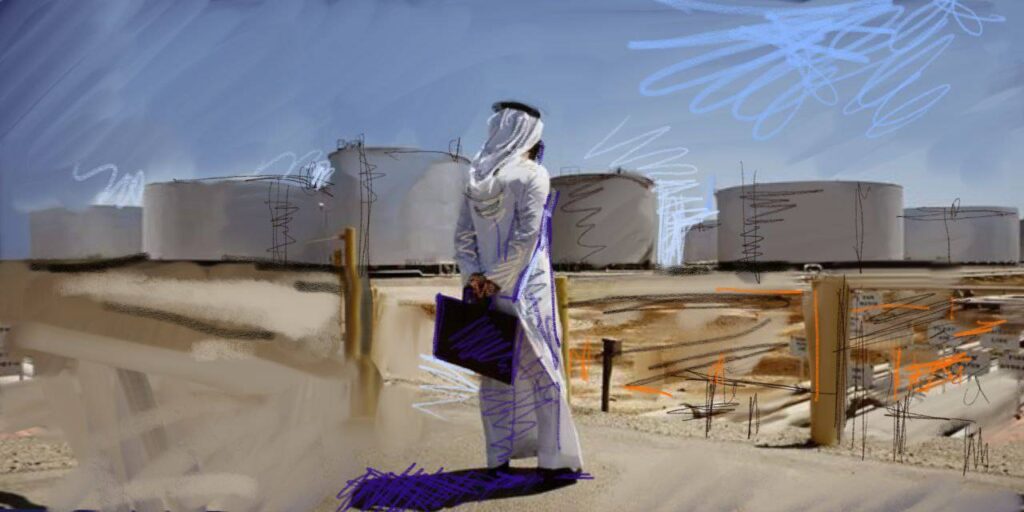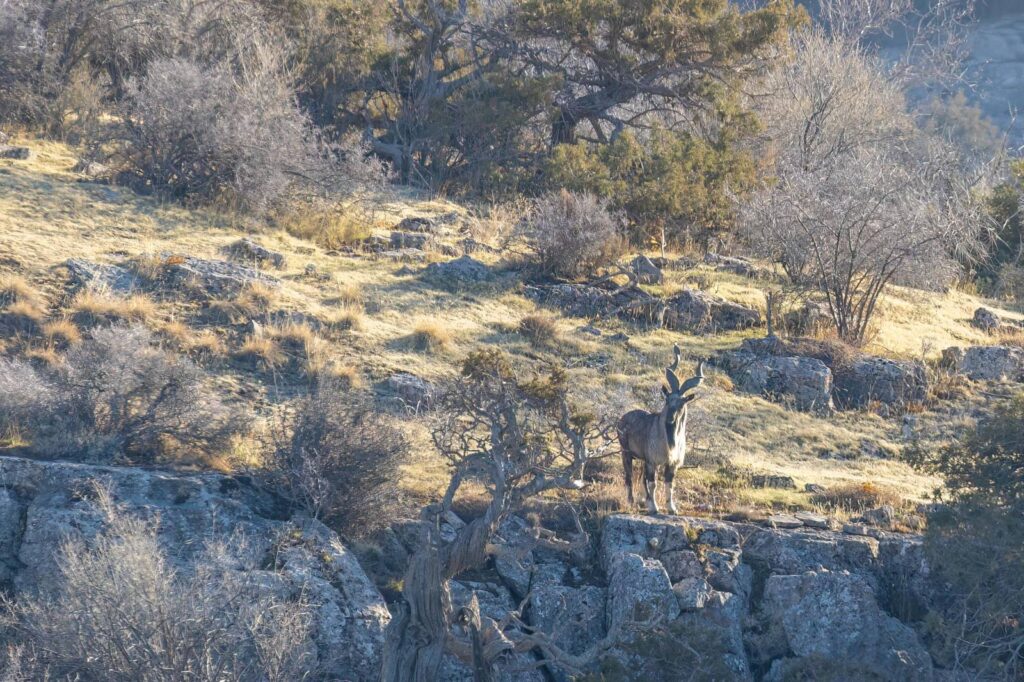LONDON (TCA) — Recep Erdoğan’s “mea culpa” and his attempts to get Turkey back on the political scene have been met with mild tolerance – but with less enthusiasm than he might have hoped for. The maneuver could restore “business as usual” between the former USSR and Turkey, but the latter is now under close watch by virtually everybody and “rebuilding mutual trust” is no matter of words but of deeds, the ball remaining in Turkey’s camp.
Turkey’s head of state Recep Erdoğan seems to have pushed his luck too far owing to his own miscalculations. The fact is that nobody wants a piece of “Turkish glory”: not the Arabs, not the Iranians, not the Russians and other former Soviet nations, not the Europeans and not even the Americans. It was lonely at the top, and now the top has come down.
Normalisation of relations
Following Turkey’s recent move in re-establishing diplomatic relations with Israel, and apologizing with Russia, in addition to trying to normalize relations with Egypt, “President of Turkey Recep Tayyip Erdoğan thanked [Kazakh] President Nursultan Nazarbayev during a telephone talk for his contribution to the normalisation of relations between Turkey and Russia,” Interfax reported on June 30, quoting the Kazakh presidential office’s press service as noting: “The Turkish leader informed the chief of state about his telephone conversation with Russian President Vladimir Putin and expressed hope that every planned step towards rapprochement between Ankara and Moscow would be taken.”
Kazakhstan fears
Kazakhstan is worried of a “terror spread” within its boundaries. Just days before the Istanbul attack, security forces caught a group of terrorists red-handed in the central east of the country in the popular tourist area around Lake Balkhash during which one would-be attacker blew himself up. The group’s backgrounds pointed at Daesh.
Fears exist that Kazakh “fighters” returning from Syria and Iraq (mostly across Turkey for all it matters) could cause a wave of terror in their country of origin. Cautious estimates put the number of Kazakhs in the service of Daesh at around 400, the same as Kyrgyzstan and around half of the Tajik and Uzbek ranks. Turkish officials pointing at Central Asian perpetrators in the Istanbul attack have made authorities in the region extremely nervous, even if this time indications could have been premature.
Kyrgyzstan and Uzbekistan concern
Similar concerns exist in Uzbekistan and Kyrgyzstan. This must have prompted Kyrgyzstan’s President Almazbek Atambayev to be among the first to openly condemn Turkey’s downing of a Russian plane in Syria in sharp wordings, demanding apologies and compensation, as well as to bring the (Turkish) murderer of the Russian crew member who had parachuted himself down to justice. Atambayev’s reaction “shocked Turkey, disillusioning Erdoğan and the Justice and Development Party government” in the words of an article posted by the regional Near-East periodical Al-Monitor posted in early January this year.
Turkish problems
It all started immediately after the fatal downing of a Russian plane by the Turkish army. Russia banned food imports from Turkey and stopped all tourism traffic to Turkish resorts, thereby blocking a multi-billion source of income for the Turks. After initial verbal support, Erdoğan soon realized that the West would not respond to his calls for an anti-Russian crusade, neither in the eastern Mediterranean nor elsewhere. Saudi Arabia and Iran looked the other way, remembering ghosts of the past – somewhat less gloriously than in Erdoğan’s imagination.
With Turkey’s tourist revenue cut down to hardly more than half, its gas supplies to more than half, cold and starvation were in store for the upcoming winter in a country already suffering from gigantic economic and financial problems for years now. Moscow has also promised to pick up on Turkey’s involvement in Russia’s gas export network, and resume oil supplies.
Turkey’s investments in the wider Central Asian region amount to several billion in US dollar but long-term disruption of economic cooperation would hurt Turkey a lot more than it would hurt former Soviet republics.
Turkish pragmatism
Facing national economic dissatisfaction and international isolation, Erdoğan has been brought on his knees. Can he be trusted? Probably not, so Turkey’s relations with the rest of the world including Central Asia can be expected to remain lukewarm for some time to come. The danger of a “neo-Basmachi” movement in Central Asia with the involvement of Daesh and similar organizations has been averted, so that an “Islamic front” in the region looks more remote and its prevention more likely. The lesson for everybody to remember is: never trust lonesome cowboys in world politics…
This is the second part of a 2-article series on terrorism in Central Asia and the region’s relations with Turkey. The first part can be read here
